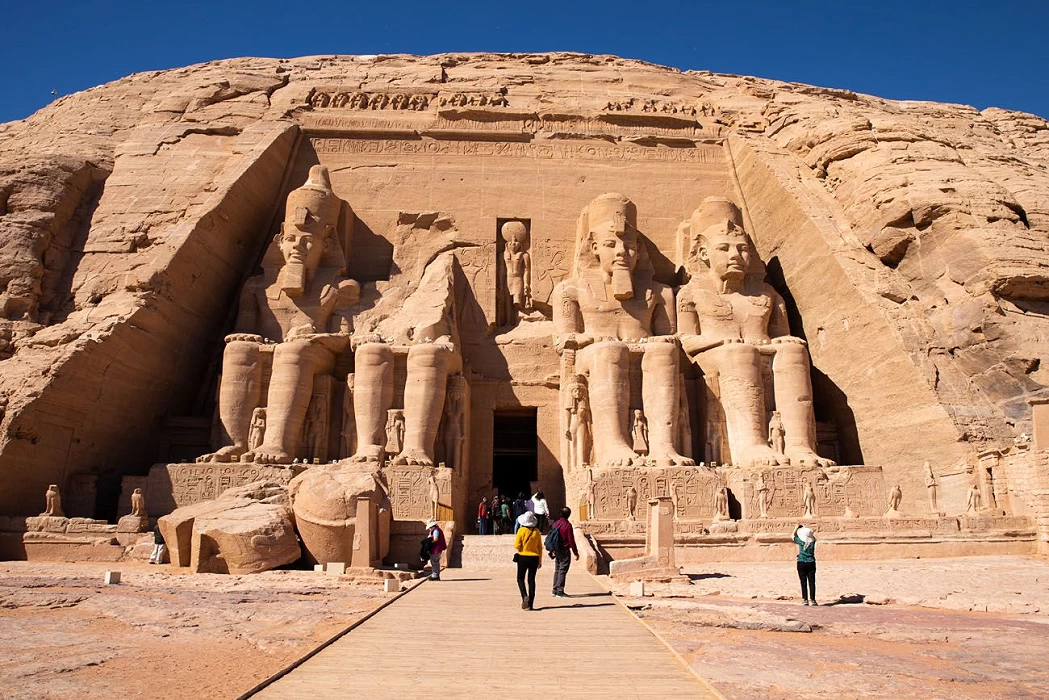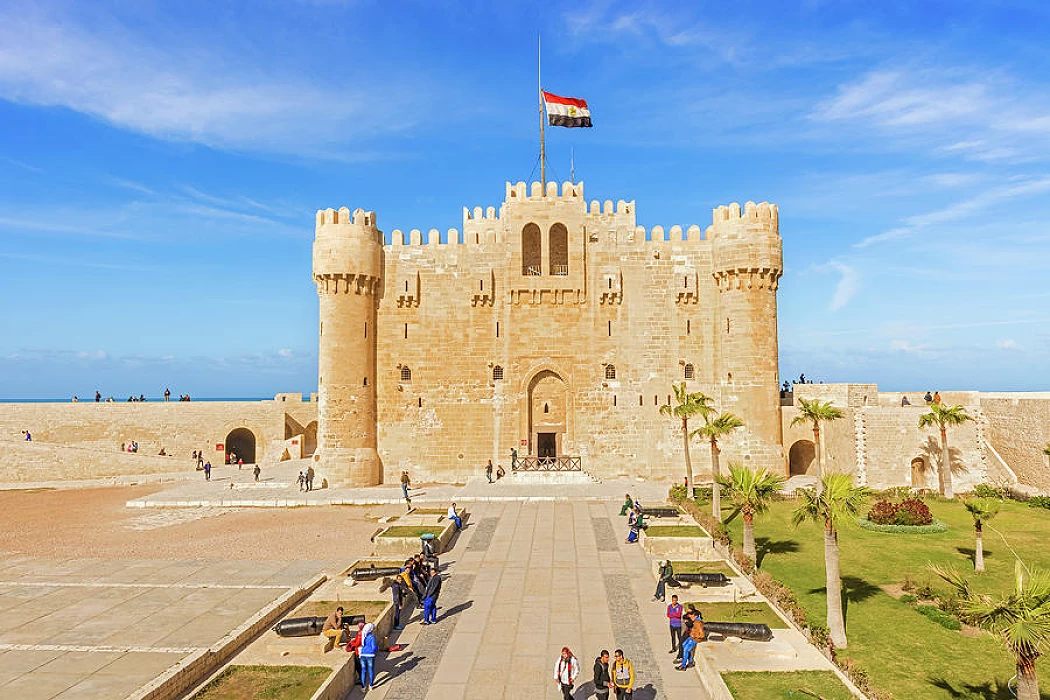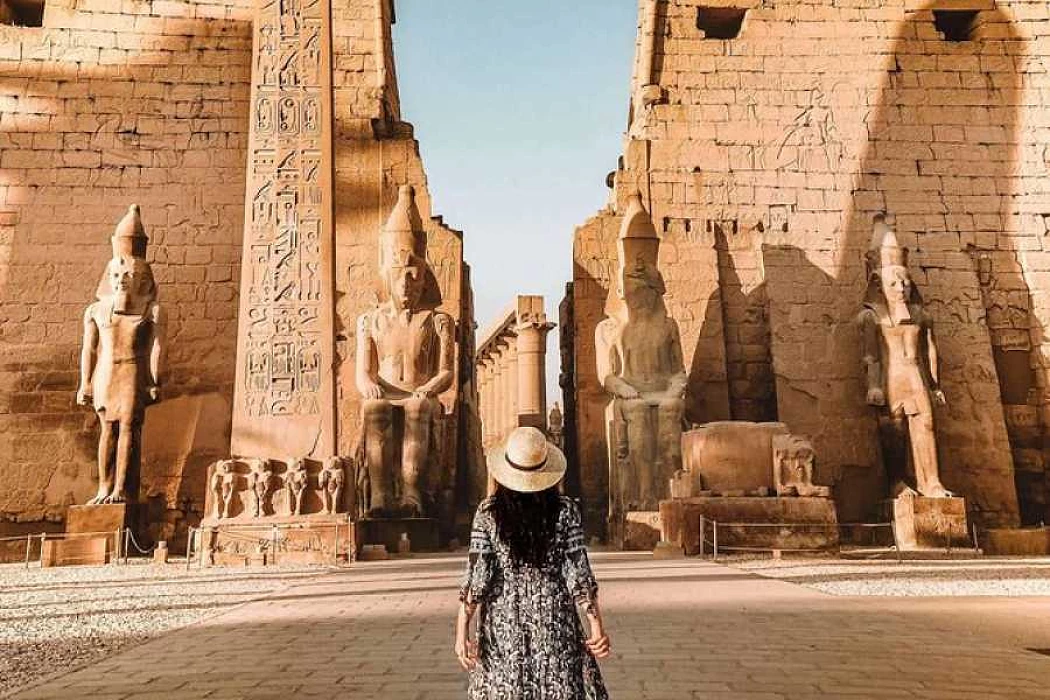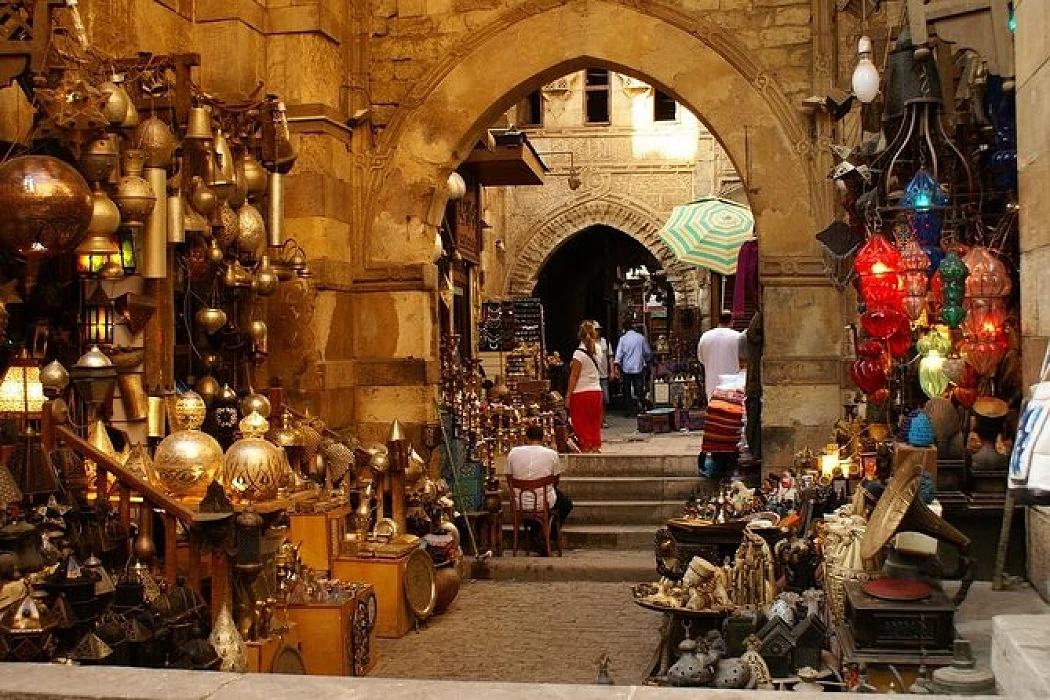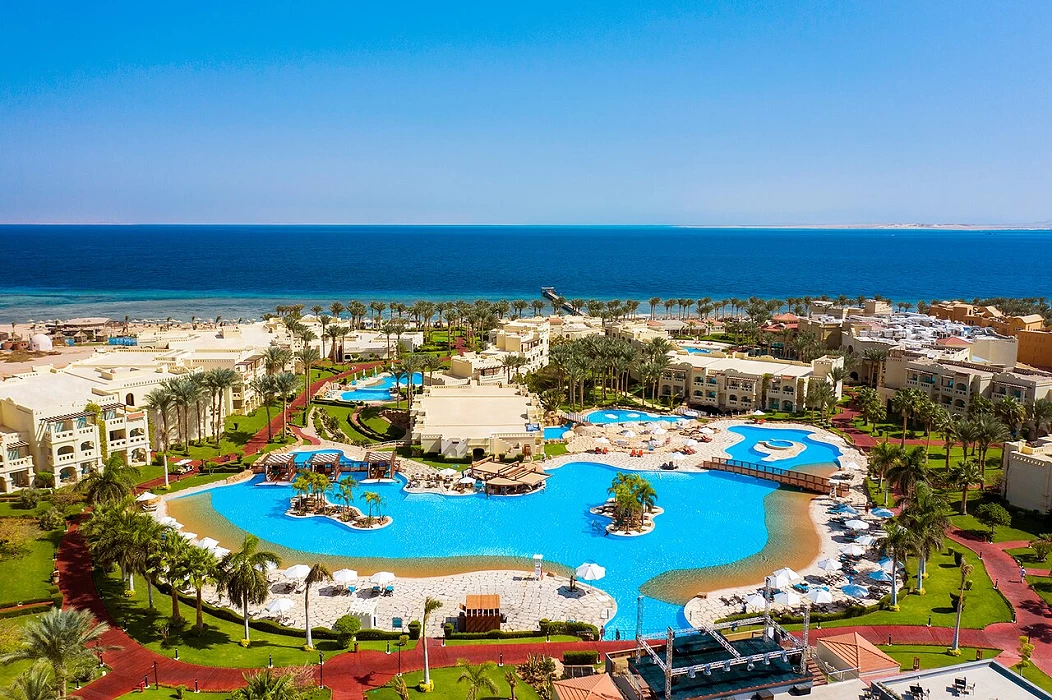Tailor your trip!
Aswan is Egypt’s southernmost city. Aswan is a busy market and tourist centre located just north of the Aswan Dam on the east bank of the Nile at the first cataract. The modern city has expanded and includes the formerly separate community on the island of Elephantine.
In ancient and modern times, it has been considered the gateway to Africa. In ancient times due to its location it was Egypt’s main defense against southern invasion. Also Aswan is known to this for its quarries for granite, in Ancient times the quarries of Aswan supplied all the stones for the great monuments all over Egypt.
Aswan is the ancient city of Swenett, later known as Syene, which in antiquity was the frontier town of Ancient Egypt facing the south. Swenett is supposed to have derived its name from an Egyptian goddess with the same name. This goddess later was identified as Eileithyia by the Greeks and Lucina by the Romans during their occupation of Ancient Egypt because of the similar association of their goddesses with childbirth, and of which the import is "the opener". The ancient name of the city also is said to be derived from the Egyptian symbol for "trade", or "market".
Because the Ancient Egyptians oriented themselves toward the origin of the life-giving waters of the Nile in the south, and as Swenett was the southernmost town in the country, Egypt always was conceived to "open" or begin at Swenett. The city stood upon a peninsula on the right (east) bank of the Nile, immediately below (and north of) the first cataract of the flowing waters, which extended to it from Philae. Navigation to the delta was possible from this location without encountering a barrier.
The stone quarries of ancient Egypt located here were celebrated for their stone, and especially for the granitic rock called syenite. They furnished the colossal statues, obelisks, and monolithic shrines that are found throughout Egypt, including the pyramids; and the traces of the quarrymen who worked in these 3,000 years ago are still visible in the native rock. They lie on either bank of the Nile, and a road, 6.5 km in length, was cut beside them from Syene to Philae.
Aswan high dam was built to stop the flooding of the land, as a result we now have Lake Nasser, the largest manmade lake in the world, you can sail on lake Nasser from Aswan to Abu Simbel to see the two great temples carved into rock there, Abu Simbel to see the two great temples carved into rock there, Abu Simbel is breath taking, there are other temples to visit on your journey on the lake. You can travel by road to Abu Simbel, it is a 3 to 4-hour drive which usually starts around 6 am.
Aswan is home to the Nubian culture, as you move around Aswan you will see the integration of the colorful culture of Nubia and the Egyptians it brings Aswan alive.
We have mentioned but a few of the sights to be seen in Aswan.
Aswan captivates the hearts of all who visit her, it a place of history, culture and natural beauty. Sunset in Aswan is something you must not miss.
Come visit us we are waiting for you.
Article Title Article Title
Article Description Article Description
All Articles Title All Articles Title
All Articles Description All Articles Description
Section FAQ Question Title

Section FAQ Question Description
Yes, Egypt is generally considered safe for tourists. The government and local authorities take significant measures to ensure the safety of visitors. However, like any destination, it's important to exercise normal precautions, stay updated on travel advisories, and follow the guidance of local authorities and tour operators.
Egypt offers a wealth of attractions, including the Pyramids of Giza, the Egyptian Museum, Luxor and Karnak Temples, the Valley of the Kings, Abu Simbel, Aswan's High Dam and Philae Temple, and Nile cruises, among others. Each site is steeped in history and offers a unique glimpse into ancient Egyptian civilization.
The best time to visit Egypt is during the cooler months, from October to April. During this period, the weather is more comfortable for sightseeing and outdoor activities. However, keep in mind that this is also the peak tourist season, so popular sites can be busier.
When visiting mosques, temples, or other religious sites, it's important to dress modestly. Women should cover their shoulders and wear long skirts or pants, and men should avoid wearing shorts. It's also customary to remove your shoes before entering certain religious areas.
Guided tours are highly recommended for exploring Egypt. Experienced guides provide valuable context, historical insights, and ensure you get the most out of your visit. They can also help navigate complex sites and provide recommendations for local experiences. WoW Travel offers expertly guided tours and travel packages tailored to enhance your Egypt experience.

